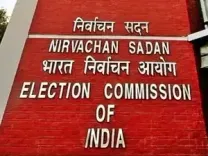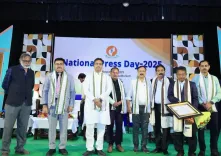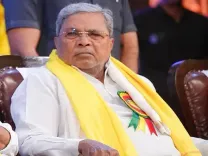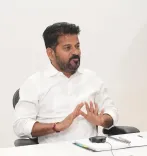Should the US Strengthen Defence Ties with India to Counter China?
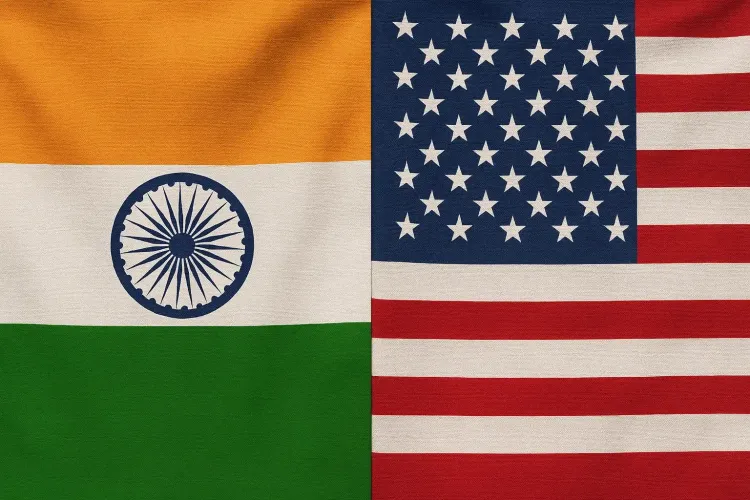
Synopsis
Key Takeaways
- Strengthening US-India relations is crucial to counter Chinese dominance.
- Enhanced military collaboration can include intelligence sharing and joint technology development.
- India is encouraged to expand its naval capabilities in the Indian Ocean.
- The US should support India’s domestic defence industry to create a balanced power dynamic.
- Maintaining a focus on shared interests is vital for a successful partnership.
Washington, Oct 1 (NationPress) A prominent specialist from a leading conservative think tank in Washington, DC, has urged both India and the United States to enhance and expand their defence collaboration despite existing differences on various topics.
Robert Peters, a Senior Research Fellow at the Heritage Foundation, elaborated in a comprehensive report that both nations have a shared goal of preventing the rise of Chinese dominance.
In his paper titled “The United States and India: A Call to Confront the Shared China Threat,” Peters emphasized the necessity for Washington to fortify its defence relations with New Delhi.
“Both the United States and India are motivated to hinder Chinese hegemony in the Indian Ocean and to counteract the encirclement of India by Chinese military bases and allied states. India is incentivized to boost its naval capabilities in the Indian Ocean, and the US can significantly support India through the provision of weapon systems, the co-development of essential military technologies, and collaborative diplomatic efforts in the region,” he stated.
Peters, who held the position of Special Advisor for Countering Weapons of Mass Destruction during the first Obama administration, asserted that the US should assist India in formulating a “strategy of denial” in the Indian Ocean by facilitating the exchange of naval intelligence.
“India is enhancing its maritime domain awareness and space-based surveillance data in collaboration with regional partners. The United States should similarly amplify its naval intelligence sharing with India in the Indian Ocean,” he recommended.
This report emerges amidst robust defence relationships between India and the United States, despite ongoing trade disagreements.
On Tuesday, Indian Ambassador to the US, Vinay Kwatra, interacted with visiting officers from the Armed Forces Medical Services of India in Washington during their stay in the US.
“The purpose of the visit is to bolster cooperation in military medicine, a crucial component of a solid bilateral defence relationship between India and the US,” he noted on X.
Earlier in September, Ambassador Kwatra also met with US Undersecretary of War for Policy, Elbridge Colby, at the Pentagon.
In his report, Peters advocated for increased US involvement in the development of India’s domestic drone industry.
“One vital means by which the United States can assist India in securing its territory on the subcontinent is to provide India with the intelligence, surveillance, and reconnaissance (ISR) and strike capabilities necessary to deter China in the region - particularly drones. While American drones are highly effective, they are also costly. India could manufacture more affordable drones at scale and deploy them to its northern region to level the playing field against China and deter further aggression,” he observed.
Peters indicated that both India and the United States stand to gain from military sales, “not only from the US to India, but also from India to the US.”
“India is in the process of establishing a world-class domestic defence industrial base. The United States should back this initiative by India. Military hardware exports from India to other nations in the Indo-Pacific and Africa would fill a void potentially occupied by China and provide necessary capabilities to countries that both India and the US regard as partners,” he added.
Peters cautioned Washington to prioritize “shared interests with India” and to refrain from critiquing the Indian government on internal matters.
“India is a critically important ally for the United States, and both sides would suffer if the relationship falters,” he concluded.





